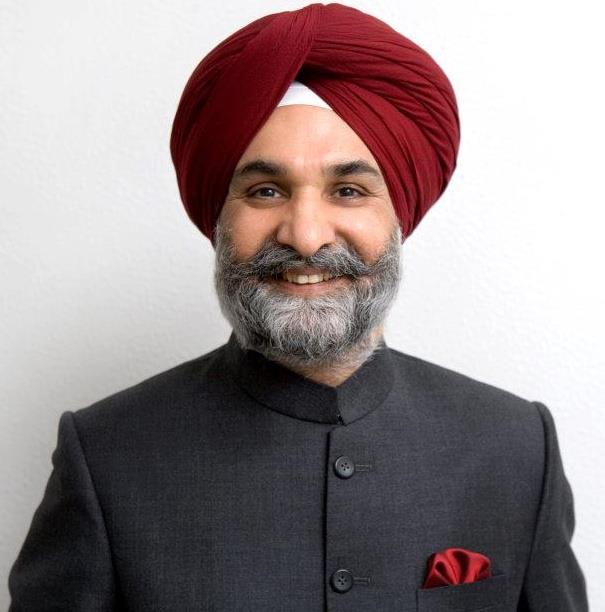WASHINGTON, D.C. (TIP): The healthcare cooperation between India and the United States is set to be taken to a new level, New Delhi’s top envoy here said on Tuesday, October 11. The robust and longstanding Vaccine Action Programme (VAP) is perhaps one of the most glaring examples of an initiative where India and the US work together, for the benefit of the people not only of India and the US but across the world, India’s Ambassador to the US, Taranjit Singh Sandhu, said in his address to the 34th Meeting of the Joint Working Group of the Indo-US VAP. My compliments to the US and India teams for holding this event, he said, adding: “With strong complementarities and an intent political leadership in both countries, our healthcare cooperation is set to be taken to a new level.” Sandhu said India’s embrace of technology in healthcare such as reforms like Production Linked Incentives in the pharmaceutical and medical devices sectors and its experience in large-scale immunization programs would enable the two countries to take the healthcare cooperation to the next level.
“Going forward, working together in Africa, Latin America, and the Caribbean, as well as, Asia, future preparedness against outbreaks of infectious diseases, harmonization of standards for medical product innovations, and elimination of risks from import of pharmaceutical ingredients from a single source are some key areas where we could explore bilateral collaboration,” he said.
Meeting in the backdrop of an unprecedented pandemic, the ambassador said there had been a number of takeaways from the Covid-19 pandemic for the world. Most significantly, the pandemic reiterated to the world that vaccination is perhaps humanity’s best shot at effectively managing infectious diseases like Covid19 by substantially reducing hospitalizations, mitigating severity, and importantly, bringing down the number of fatalities, he said.
According to Sandhu, in the three and a half decades since its inception, the VAP has supported novel vaccine research, yielded prototype products, trained human resources, and encouraged interactions with scientists, across the globe.
“The Rotavirus vaccine jointly developed under VAP that brought down the price of the vaccine from USD 0.60 to USD 1, is one of the strongest impacts that VAP has made in the world,” Sandhu said. “During the pandemic, we drew strength from VAP when Indian and the US entities worked together on over half a dozen vaccine collaborations. We combined our unique strengths and synergies including scale, technology, and affordability – be it in the form of the Baylor College of Medicine, developed Corbevax (BCM and BioE), or the Novavax and Serum Institute of India produced Covovax or the BioE – J&J collaborated Janssen,” he said.
Today, VAP is supplemented, by the expanding bilateral healthcare collaboration. India and the US have been working together in combatting diseases such as tuberculosis, cancer, HIV, eye diseases, etc. Indian firms supplied about 40 per cent of generics marketed in the United States. “This has allowed American healthcare consumers, to save up to USD 80 billion in the last two years and enhanced access to quality medicines. There are over 200 active collaborations between NIH and leading Indian research agencies,” he said.
Last year the bilateral health dialogue was held in New Delhi where an umbrella MOU on health and bio-medics was signed. The two countries helped each other, as well as the world during the pandemic. In 2020, India ensured the integrity of health supply chains, providing essential medicines to the US. “In 2021, US supported India, during the Delta surge. The administration, US Congress, private sector and Indian Diaspora came together to support India in various ways, including in vaccine raw materials, and critical health infrastructure. US supported the India-South Africa proposals for a TRIPS Waiver at the WTO,” Sandhu said of the Trade-Related Aspects of Intellectual Property Rights (TRIPS) agreement.
